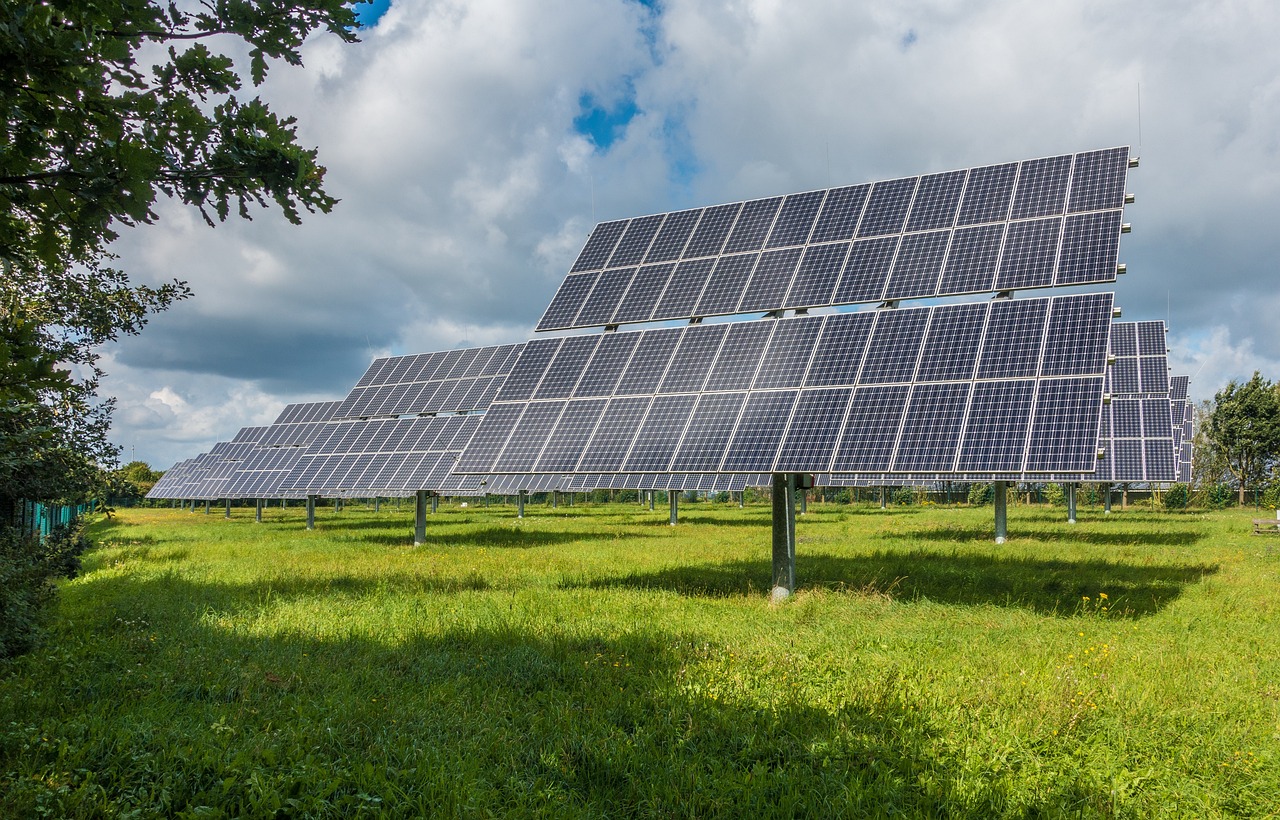As the UK transitions away from fossil fuels towards greener alternatives with a view to being NetZero by 2050, a crucial part of this strategy is to generate our electricity with 100% zero-carbon generation and this is expected to come from renewable energy.
The UK Government has set energy providers a target for all electricity to come from 100% zero-carbon generation by 2035.
In order to reach these targets, our use of renewables will have to keep increasing. We have seen a proliferation of developers approaching landowners for solar, battery and wind projects.
When a landowner is approached by a renewables developer, we would always recommend involving an agent in the process. It is our job to make sure that the offer being presented in the form of an option and lease agreement is agreeable, at a market level and offers the landowner suitable protection. We do this through agreeing heads of terms before solicitors formalise the option and lease.
Decommissioning
If all goes well, the developer will have got the grid connection and also planning approval. It would be at this stage, that the lease would be entered into, after which the developer can start building the renewable project to be able to generate and/or store electricity.
Renewable-energy leases can run from 30 years to 50 years and will normally have the option for a lease extension. So a landowner will have 30 to 50 years receiving rent. But what happens at the end of the lease term? Or if the lease has to end early if the developer has financial issues and cannot continue to operate the project and is unable to assign the project? The project site would be required to be decommissioned.
Decommissioning is the deconstruction and removal of the above and below ground (to a certain depth) of renewable infrastructures and the reinstatement of the land back to the condition it was prior to the project being built.
During the early stages of discussing a project, as your agents, we are already thinking about and protecting our clients for what happens at the very end, even well in advance of the renewable project being approved and constructed.
We want to make sure the renewable project is properly decommissioned and that the land is returned to its natural state at the end of the lease or the project’s lifetime. This is where decommissioning bonds come in – these are financial instruments that play a critical role in guaranteeing that the land is restored to its former state.
Financial protection
Serving as a commitment that the developer will fund and oversee the proper restoration of the land, bonds are a safeguard against the abandonment of renewable projects. If a developer fails to fulfil their obligations to restore the land, a decommissioning bond ensures there are funds available to the landowner to complete the restoration process.
We believe decommissioning bonds should be in place from as soon as a developer starts to build the renewable project, so that suitable protection is there from the onset of the lease. However, recently we are starting to see developers, particularly battery developers, push back on the start date for the decommissioning bond. We have seen some seeking delays until the 25th anniversary of the start of the lease.
Putting a decommissioning bond in place requires a budgeted payment to be made for the estimated amount that would be required for decommissioning. This adds a significant financial burden to the developer who could apply those funds for other operational expenses or development activities.
Many developers will call on investors to help finance renewable projects, but some backers do not wish to look beyond the duration of their investment, viewing the decommissioning requirement as outside the scope of the financing agreement.
No guarantee
Sometimes a decommissioning plan must be provided as part of the planning application process, with planning approval being subject to a decommissioning bond being put in place from the start of a project.
It is for landowners to take the risk of signing an option and thereafter a lease for a renewable project if there is no decommissioning bond in place. Like them, we would hope all leases will continue until the end of their term – but there is no guarantee.
As with any business relationship, all parties start positive, but they should not ignore the possibility of things going other than as planned.
- Read the latest news and views from our experts in Energy Matters issue 29

